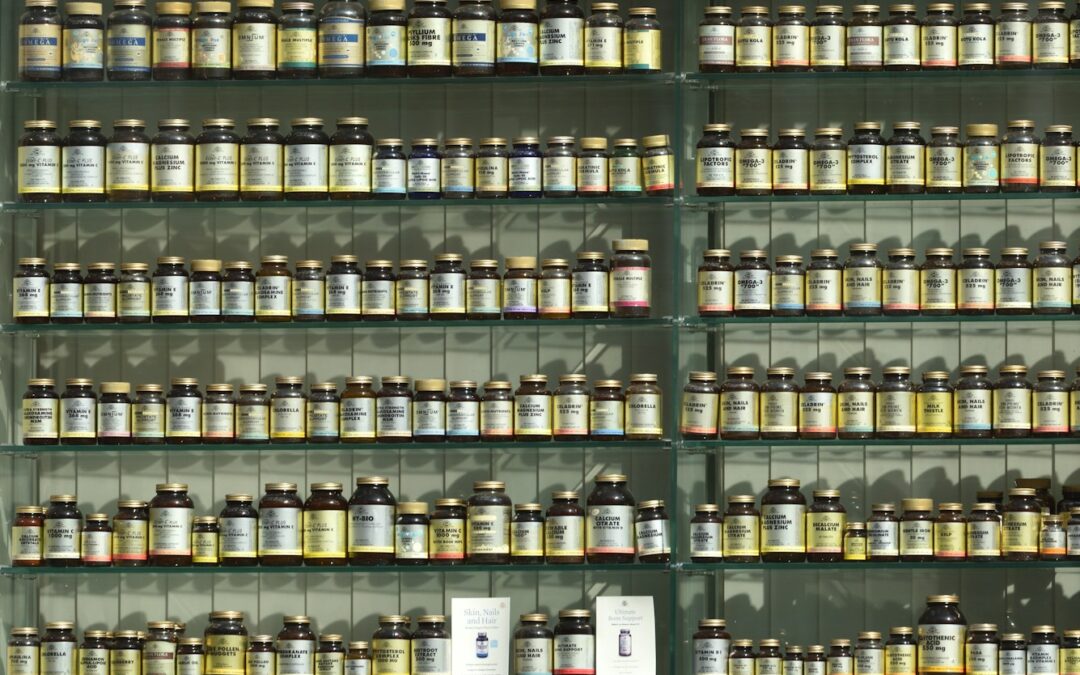Optimizing Compliance and Time-to-Market with ERP Systems in Swiss Pharma
Introduction: The Importance of ERP for Compliance in Swiss Pharmaceutical Companies
ERP for compliance in Swiss pharmaceutical companies is increasingly crucial as the industry faces stringent regulatory requirements and the need to expedite the development and release of new drugs. Enterprise Resource Planning (ERP) systems provide a unified platform that integrates various business functions, enabling companies to streamline compliance processes, enhance data accuracy, and reduce the time-to-market for new pharmaceutical products. In Switzerland, where the pharmaceutical sector is a significant economic contributor, ERP systems tailored for compliance can help companies navigate the complex regulatory landscape efficiently.
The pharmaceutical industry in Switzerland operates under rigorous compliance standards, including Good Manufacturing Practices (GMP), Good Distribution Practices (GDP), and various other regulations mandated by Swissmedic and international bodies. ERP systems designed for the pharmaceutical industry incorporate compliance management modules that automate many of these processes, reducing manual effort and minimizing the risk of non-compliance. By centralizing compliance data and automating reporting, ERP systems allow Swiss pharmaceutical companies to maintain high levels of regulatory adherence while focusing on their core objective—developing innovative drugs.
Furthermore, ERP systems enhance traceability and transparency across the supply chain, which is essential for maintaining compliance with both domestic and international regulations. These systems provide real-time insights into production, quality control, and distribution, ensuring that all activities are aligned with regulatory standards. For Swiss pharmaceutical companies, this level of oversight is critical in preventing compliance breaches that could lead to costly fines, product recalls, or damage to their reputation.
Customizing ERP Systems for Pharmaceutical Compliance
For Swiss pharmaceutical companies, customizing ERP systems to meet specific compliance needs is not just advantageous—it is a necessity. ERP for compliance in Swiss pharmaceutical companies must address unique challenges such as managing clinical trials, handling complex supply chains, and ensuring data integrity across multiple regulatory jurisdictions. Customization allows companies to tailor ERP modules to fit their exact operational and compliance requirements, ensuring that the system supports every aspect of the drug development lifecycle, from research and development to post-market surveillance.
ERP systems with specialized compliance features help manage documentation, which is a critical component of regulatory adherence in the pharmaceutical industry. These features include automated workflows for document approvals, version control, and audit trails, which ensure that all documentation is accurate, up-to-date, and readily accessible during audits or inspections. By automating these processes, ERP systems significantly reduce the administrative burden on compliance teams, allowing them to focus on strategic activities that drive business growth.
Another key area where customized ERP systems provide value is in managing the complex data requirements of the pharmaceutical industry. ERP systems can integrate with laboratory information management systems (LIMS), manufacturing execution systems (MES), and other specialized software to provide a holistic view of all operational data. This integration ensures that data used for compliance reporting is consistent, accurate, and available in real-time, enabling Swiss pharmaceutical companies to make informed decisions and respond quickly to regulatory changes.
Reducing Time-to-Market with ERP in Swiss Pharmaceutical Companies
Accelerating Drug Development through Process Optimization
ERP for compliance in Swiss pharmaceutical companies also plays a pivotal role in reducing time-to-market for new drugs. One of the primary ways ERP systems achieve this is by optimizing processes across the entire drug development pipeline. By automating routine tasks, such as batch record management, quality control checks, and supply chain coordination, ERP systems free up valuable time for researchers and production teams. This increased efficiency allows companies to accelerate the development process and bring new drugs to market faster without compromising on quality or compliance.
Moreover, ERP systems enhance collaboration across departments, which is essential for speeding up drug development. By providing a centralized platform for communication and data sharing, ERP systems break down silos between research, manufacturing, regulatory affairs, and other critical functions. This collaborative approach ensures that all teams are aligned and working towards the same goals, reducing delays caused by miscommunication or disconnected processes. For Swiss pharmaceutical companies, where time-to-market can directly impact competitive advantage and profitability, this level of integration is invaluable.
In addition to streamlining internal processes, ERP systems also facilitate better collaboration with external partners, such as contract research organizations (CROs), suppliers, and regulatory bodies. By integrating these external entities into the ERP system, Swiss pharmaceutical companies can ensure that all parties have access to the most current and relevant information, which is critical for maintaining compliance and meeting project timelines. This external collaboration is particularly important for Swiss companies that operate on a global scale, as it helps manage the complexities of international regulatory requirements and diverse market needs.
Conclusion: The Strategic Advantage of ERP in Swiss Pharma
In conclusion, ERP for compliance in Swiss pharmaceutical companies offers a strategic advantage by streamlining regulatory processes and reducing time-to-market for new drugs. By customizing ERP systems to meet the unique needs of the pharmaceutical industry, Swiss companies can ensure that they remain compliant with local and international regulations while enhancing their operational efficiency. The integration of advanced ERP features, such as automated compliance reporting, real-time data analytics, and collaborative platforms, provides a comprehensive solution that supports every stage of the drug development lifecycle.
As the pharmaceutical industry continues to evolve, the importance of ERP systems in maintaining compliance and accelerating innovation will only grow. For Swiss pharmaceutical companies, investing in ERP solutions that are specifically designed for compliance and process optimization is not just a regulatory requirement—it is a strategic imperative that drives business success. By leveraging ERP systems to their full potential, Swiss pharmaceutical companies can navigate the complexities of the regulatory landscape with confidence and focus on their primary mission: improving patient outcomes through the development of safe and effective drugs.
—
#ERPCompliance #SwissPharmaceutical #PharmaCompliance #DrugDevelopment #TimeToMarket #ERPSystems #SwissBusiness #RegulatoryCompliance #PharmaceuticalIndustry










